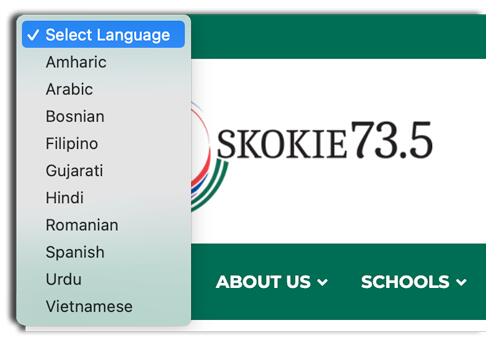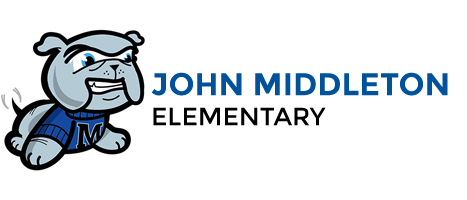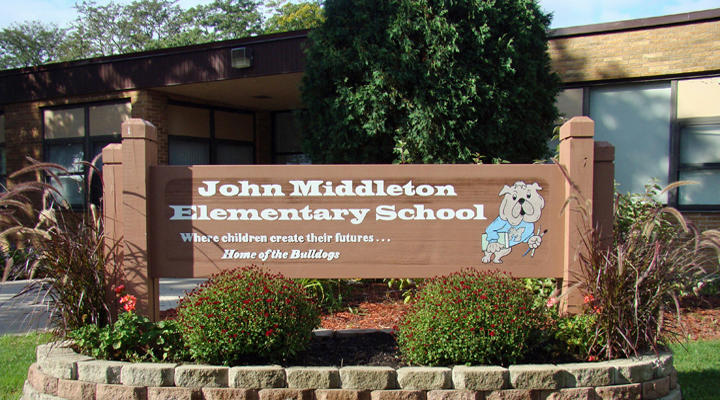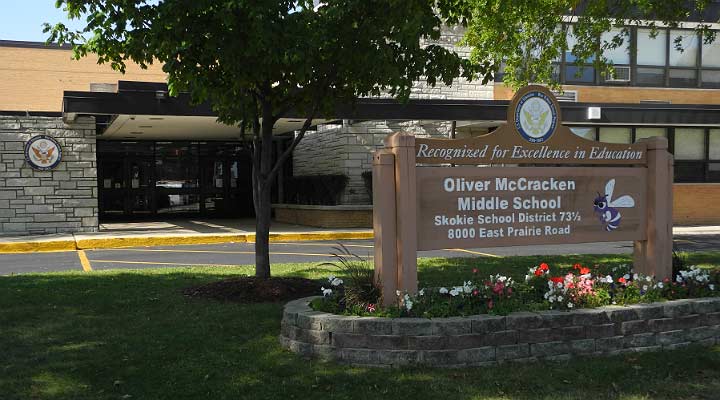1st Grade Behavior Concerns
 Click the Translate button at the top of the page to translate the text
Click the Translate button at the top of the page to translate the text
انقر فوق الزر "ترجمة" أعلى الصفحة لترجمة النص
ટેક્સ્ટનો અનુવાદ કરવા માટે પૃષ્ઠની ટોચ પરના અનુવાદ બટનને ક્લિક કરો
Haga clic en el botón Traducir en la parte superior de la página para traducir el texto
I-click ang button na Isalin sa tuktok ng pahina upang isalin ang teksto
متن کا ترجمہ کرنے کے لیے صفحہ کے اوپری حصے میں ترجمہ کے بٹن پر کلک کریں۔
Nhấp vào nút Dịch ở đầu trang để dịch văn bản
May 5, 2023
Dear 1st Grade Families,
We want to reach out to partner with you around some in-school behavior we have seen increase over the last few weeks.
As a community, we are grateful that we do not see a significant amount of bullying at Middleton. Bullying is defined as the, “...unwanted, aggressive behavior among school aged children that involves a real or perceived power imbalance. The behavior is repeated, or has the potential to be repeated, over time” (stopbullying.gov). Bullying is often confused with “physical aggression,” which may occur only once or twice between students and then stops once the problem is resolved. In a majority of the conversations we have with students around physical aggression, they listen to their peers, apologize for the role they play in these situations, and change their behavior. They are learning to be very responsible and respectful human beings!
As you may be aware, we have recently seen more students responding to conflicts using physical aggression in response to situations, particularly outside at recess. This typically takes the form of a verbal disagreement over something such as taking from rock collections, who goes first on the swing, who kicked the ball last, etc. One student may get upset and instead of using words to express frustration, the student responds by poking, pushing, kicking, or other physical means in an effort to communicate themselves. While some physical response can be developmentally appropriate, it is never appropriate for a student to attempt to hurt another. We do not allow this response at Middleton and appropriate supports, as well as consequences, are assigned to help stop this behavior. We also communicate with families involved in an effort to partner and to ensure that students have the support they need to be more successful.
Some supports we have put in place to address these behaviors are:
- The teachers are talking and role playing with students in the classroom about how to be a good friend and how to be inclusive.
- There is added adult support at recess to supervise students, including administrative support when possible.
- We globally use the language of “Zones of Regulation” (red, yellow, green, and blue zones) to help students identify their feelings and to use a strategy to express themselves in a regulated way.
- We engage in restorative conversations between students who may be involved to repair relationships and make plans to move forward as a community of learners.
Some support we could use from you:
- Please remind your child that verbal or aggressive responses frighten other students and only make a problem bigger. Help your child to practice deep breathing or counting to ten in order to express frustration more calmly and clearly.
- Please remind your child that if something happens outside at recess, they can turn to another student and say, “Stop that. I don’t like that” or they can ask the other student, “Why did you do that?” to find out more information. If needed, the student can/should inform an adult immediately so we can address it in the moment. (Try this whole process as a role-play and act out what this might look like.)
- Remind students that curse words or words that replace curse words are not allowed at school.
Thank you for your partnership in our school community. Go Bulldogs!
Sincerely,
Nikki Tammaru, Principal
Stephanie Larenas, Assistant Principal



